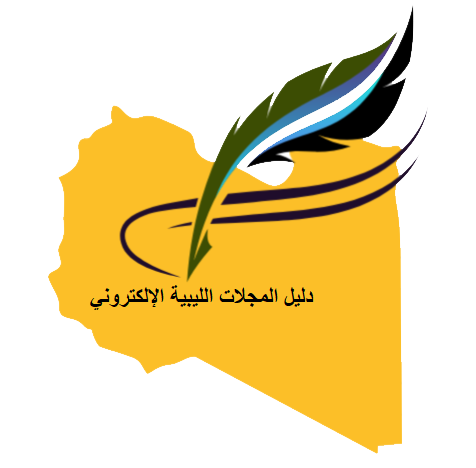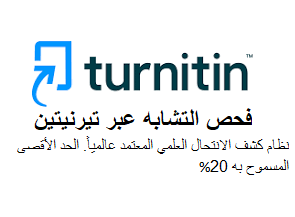Utilizing Artificial Intelligence to Enhancing the Effectiveness of Energy Systems: Challenges and Future Chances
DOI:
https://doi.org/10.65405/y1dajw52Keywords:
Artificial Intelligence (AI) , Effectiveness , Energy Systems, , Challenges, Future Chances.Abstract
Energy systems are considered an essential part of supporting economic growth and sustainable development; therefore, the demand for energy management systems is expected to increase significantly in the coming years. Furthermore, energy systems face numerous challenges, including the massive amount of data, difficulties in integrating modern technologies with traditional methods, technical problems, and a shortage of experts in artificial intelligence and security, among others.
However, there are promising future prospects for employing artificial intelligence technologies to improve the efficiency of energy systems, including enabling prediction, integrating modern technologies with renewable energy management, and developing grid systems. This research aims to identify the challenges and opportunities for using artificial intelligence in energy system management, explore the most widely used applications and technologies in this field, and integrate AI technologies into energy systems. The research employed a descriptive analytical approach by reviewing previous studies and conducting interviews with experts in the fields of energy systems and artificial intelligence technologies at the research center of Al-Zawia University. The study also includes a successful analysis of artificial intelligence projects. The research recommendations included training programs in artificial intelligence, improving research, enhancing data collection, and encouraging public-private partnerships to achieve the objectives.
Downloads
References
[1] T. Kabeel, "Exploring the Growing Role of Artificial Intelligence in Enhancing Climate Models," Abu Dhabi Environment Network, Cairo, Egypt, Jun. 8, 2025.
[2] D. Qazamel, "Integrating Renewable Sources into Electric Networks: Improving Distribution and Reducing Interruptions," Delta University for Science and Technology, Jul. 7, 2025.
[3] S. Elghamrawy, "A Key Driver in the Transition to Smarter and More Sustainable Energy Systems," Misr Higher Institute of Engineering and Technology, Jul. 7, 2025.
[4] K. Ukoba, K. O. Olatunji, and D. M. Madyira, "Optimizing Renewable Energy Systems through Artificial Intelligence: Review and Future Prospects," vol. 35, no. 7, 2024. doi: 10.1177/0958305X241256293.
[5] G. Creamer, H. Ghoddusi, and N. Rafizadeh, "Machine Learning in Energy Economics and Finance: A Review," SSRN Electronic Journal, Jan. 2018. doi: 10.2139/ssrn.3270251.
[6] B. Sovacool, D. J. Hess, S. Amir, and F. W. Geels, "Sociotechnical Agendas: Reviewing Future Directions for Energy and Climate Research," Energy Research & Social Science, vol. 70, pp. 1-35, Sep. 2020. doi: 10.1016/j.erss.2020.101617.
[7] A. Sivaram and V. Venkatasubramanian, "XAI-MEG: Combining Symbolic AI and Machine Learning to Generate First-Principles Models and Causal Explanations," Process Systems Engineering, vol. XX, no. YY, pp. ZZ-ZZ, 2024.
[8] A. C. Şerban and M. D. Lytras, "Artificial Intelligence for Smart Renewable Energy Sector in Europe—Smart Energy Infrastructures for Next Generation Smart Cities," IEEE Access, vol. 8, pp. 77364-77377, Apr. 23, 2020. doi: 10.1109/ACCESS.2020.2991234.
[9] M. Sharma, "Artificial Intelligence Application Through Electric Power And Climate Change," Medicine, Law & Society, vol. 18, no. 1, 2025. doi: 10.18690/mls.18.1.109-132.2025.
[10] M. Abu Dawas, "The Role of Artificial Intelligence and Cybersecurity in Energy Management and Optimization," Journal of Information Systems Engineering & Management, vol. 10, no. 52s, pp. 96-99, Jun. 2025. doi: 10.52783/jisem.v10i52s.10672.
[11] E. Smart, L. O. Olanrewaju, J. Usman, K. Otaru, and others, "Optimization," World Journal of Advanced Engineering Technology and Sciences, vol. 15, no. 2, pp. 1100-1112, May 2025. doi: 10.30574/wjaets.2025.15.2.0300.
Downloads
Published
Issue
Section
License

This work is licensed under a Creative Commons Attribution-NonCommercial-ShareAlike 4.0 International License.












